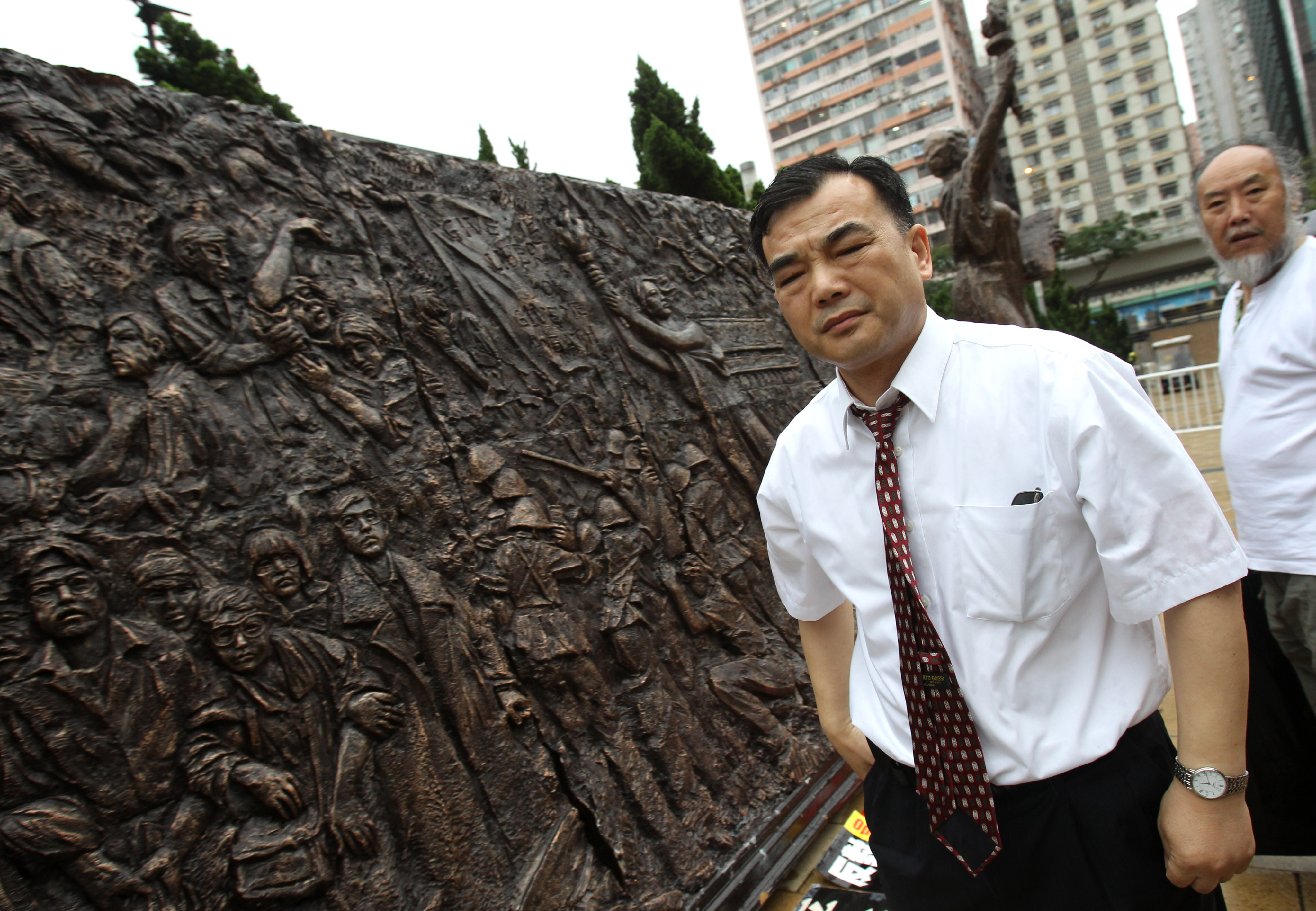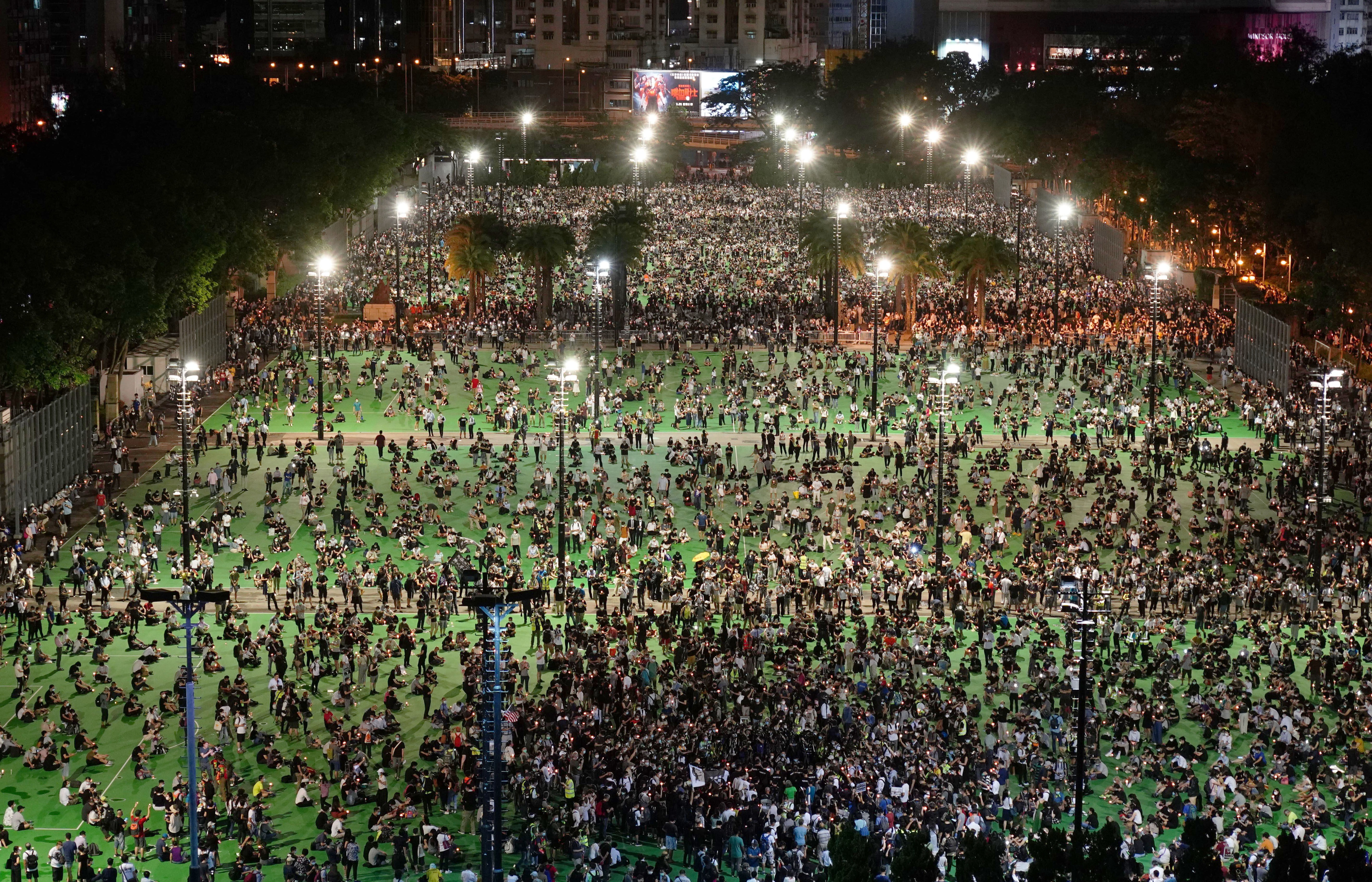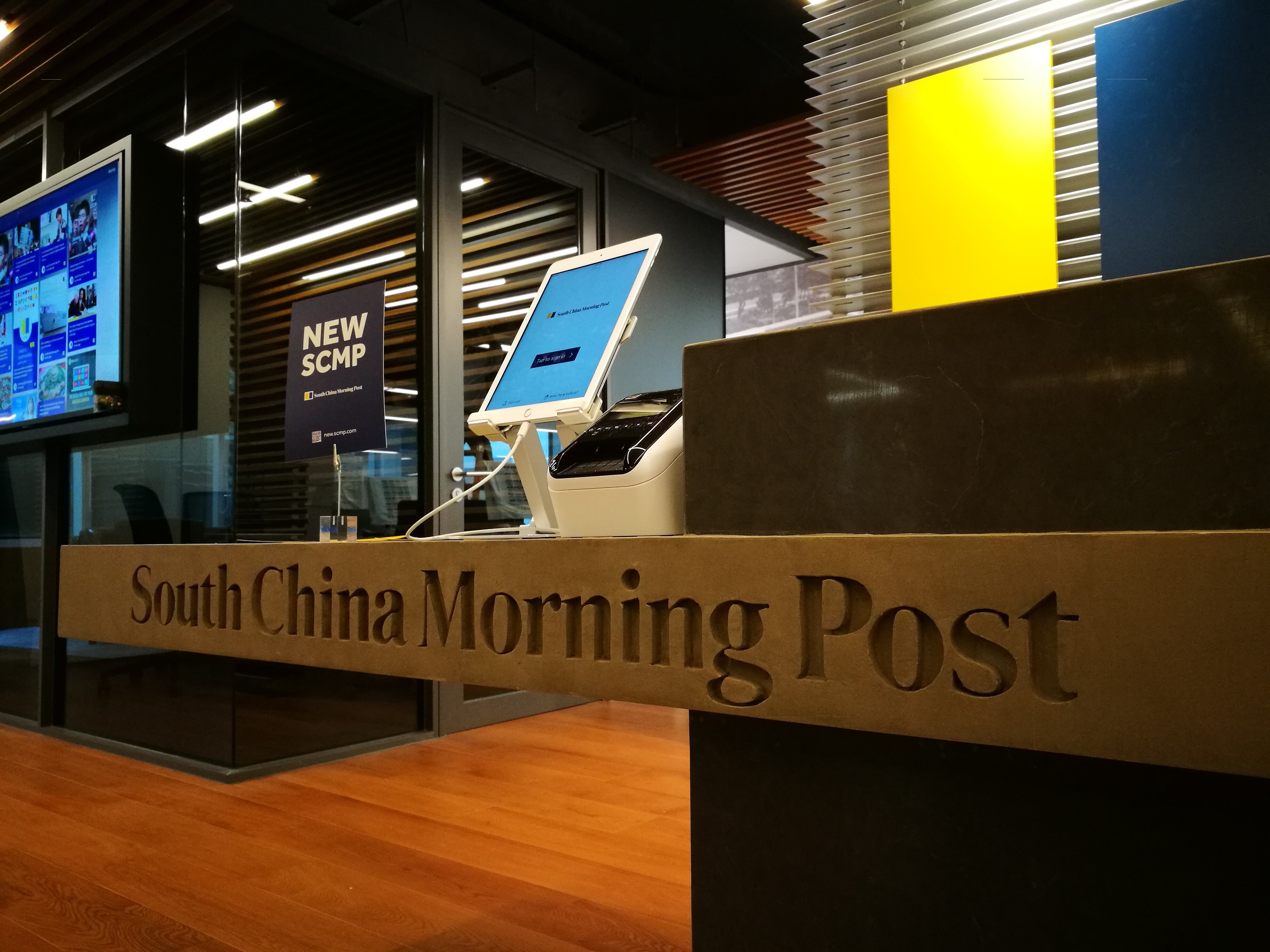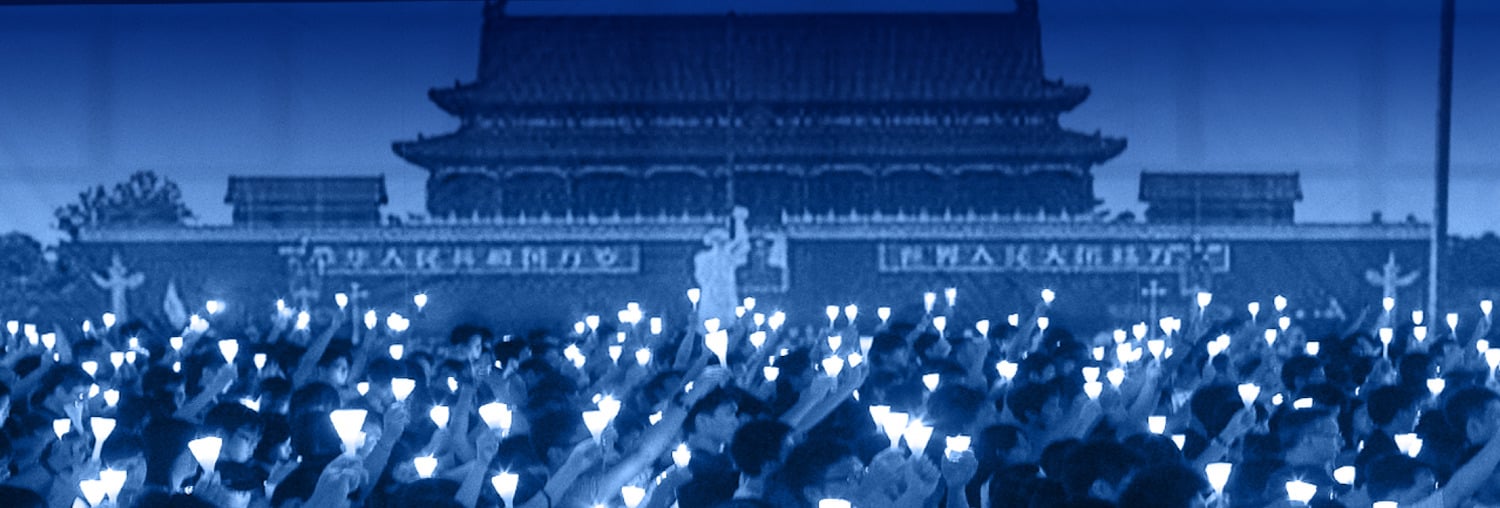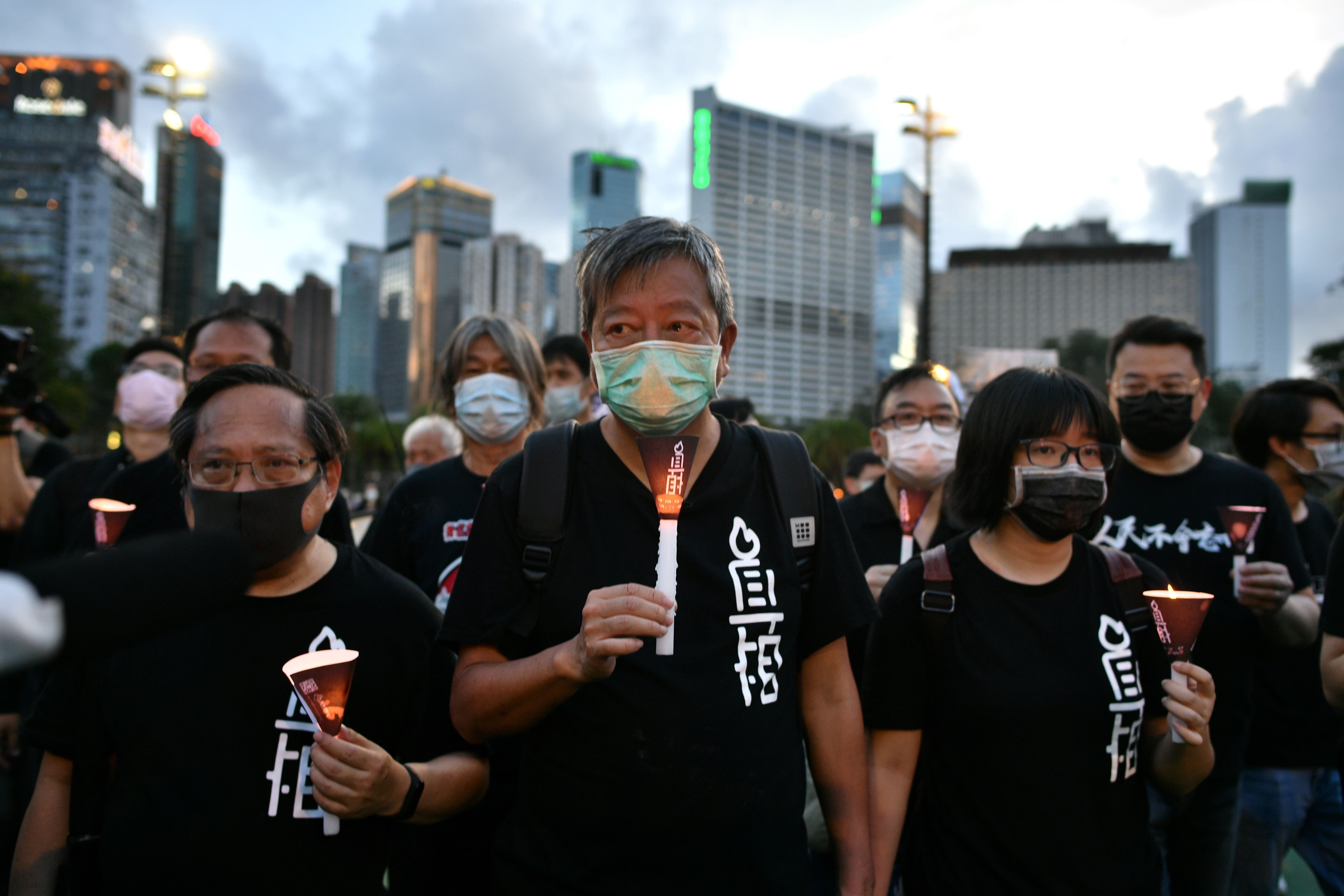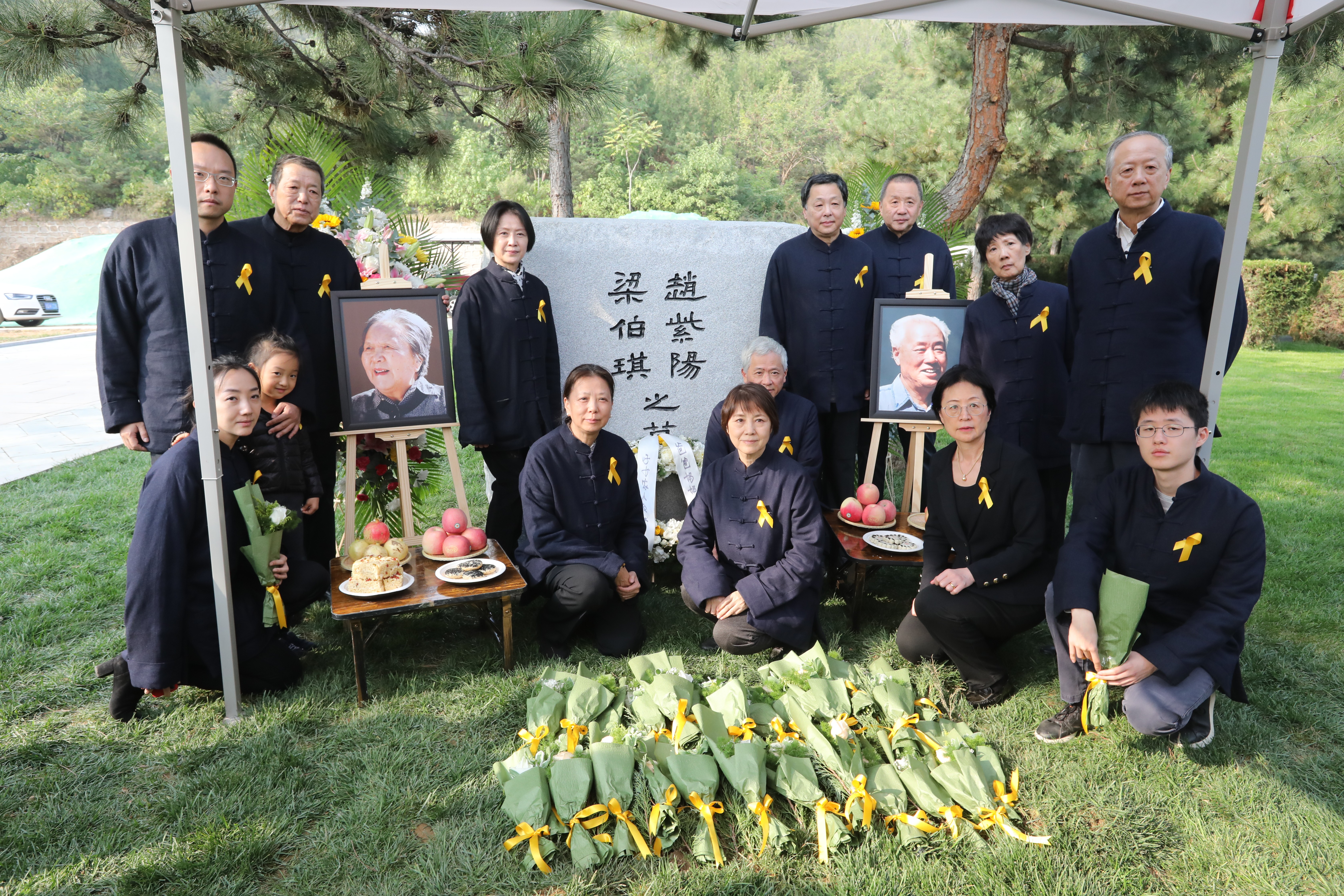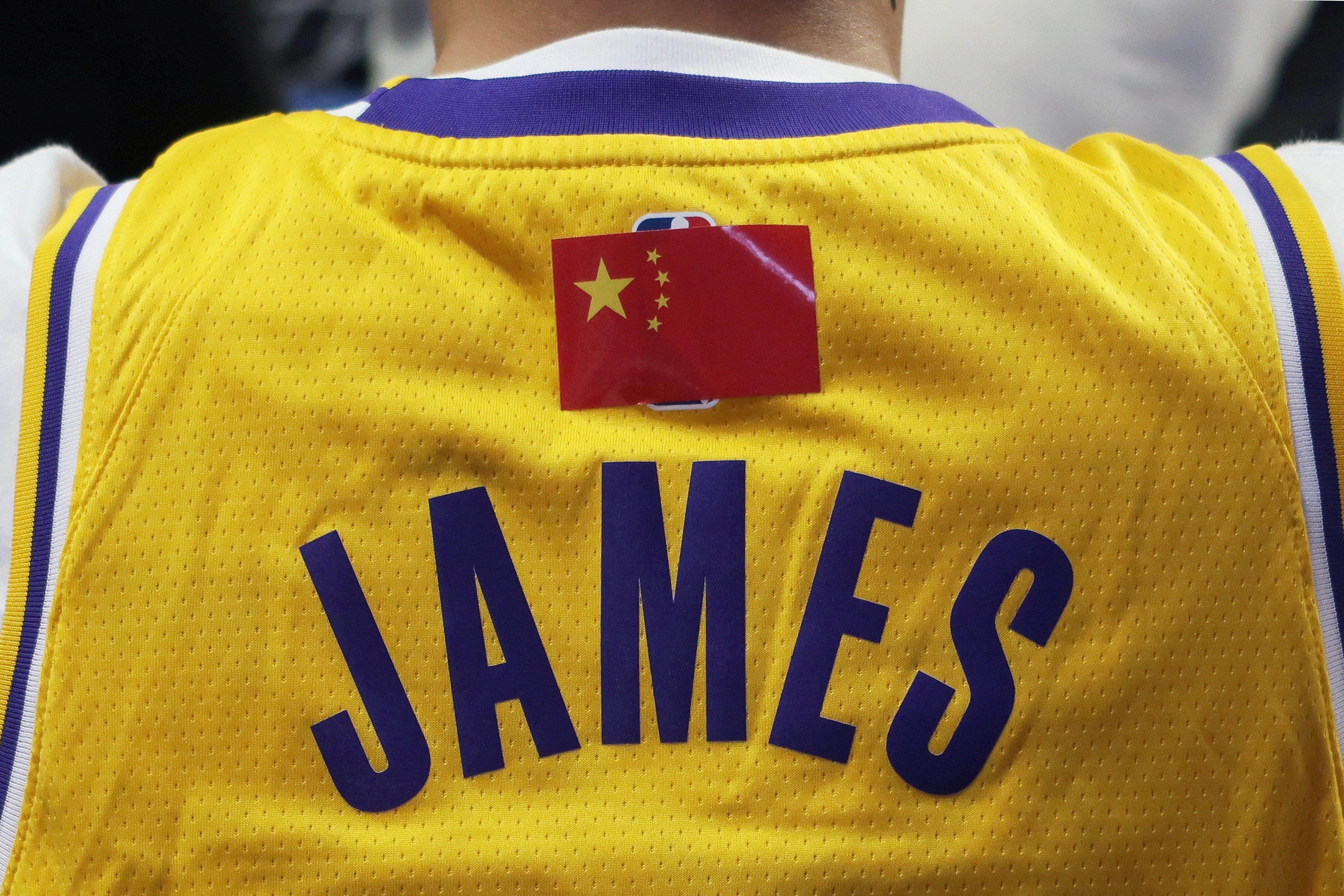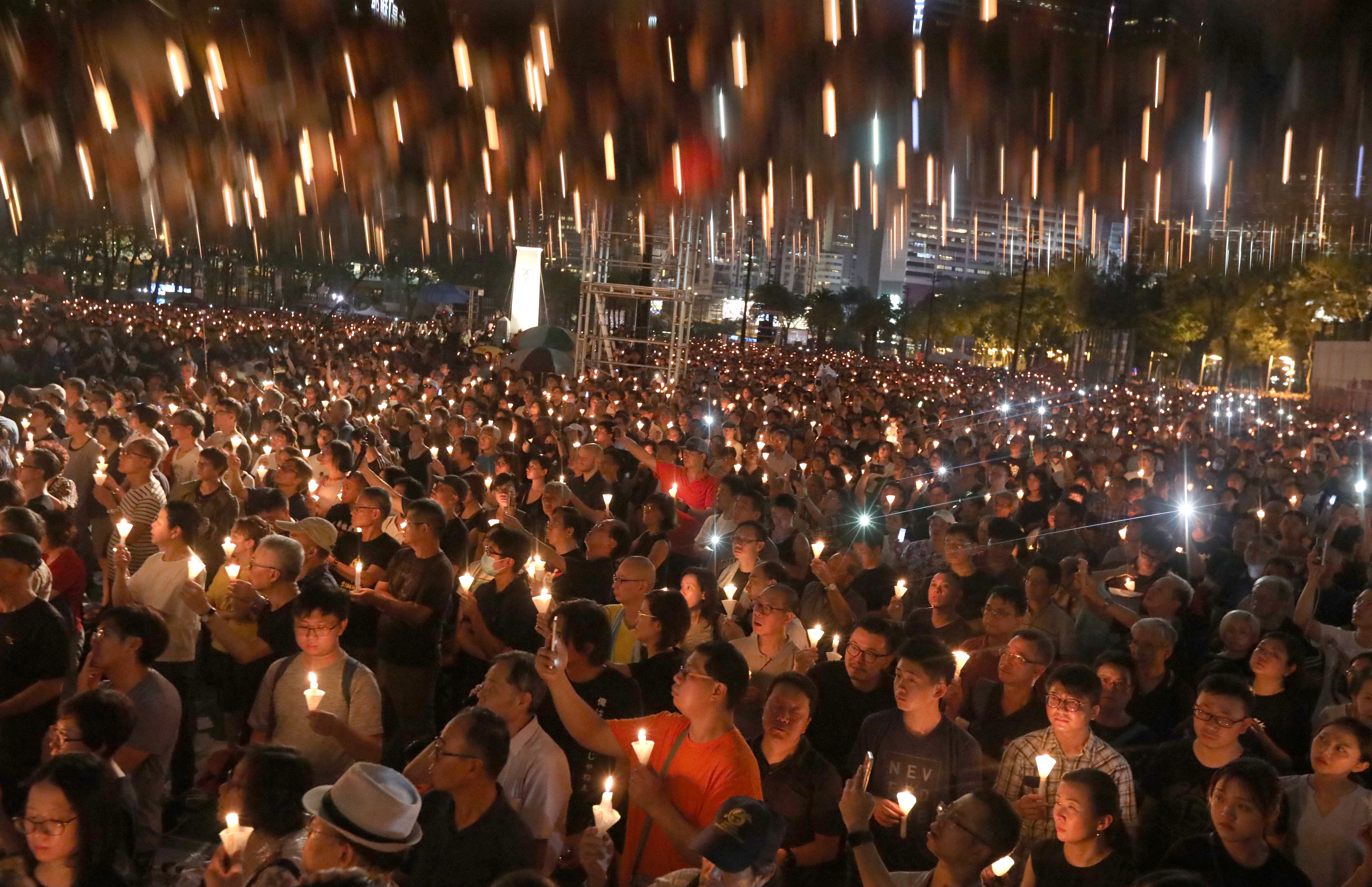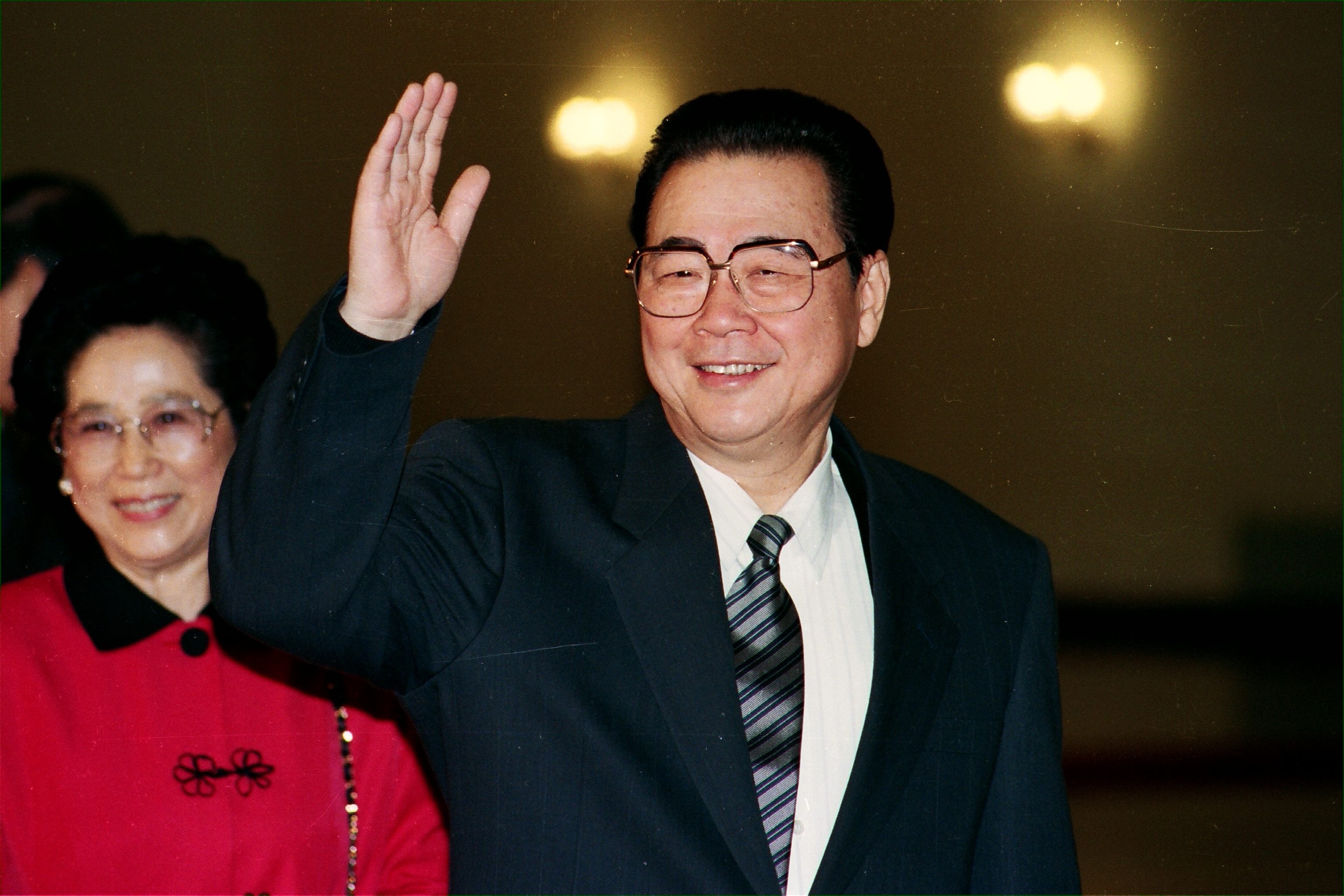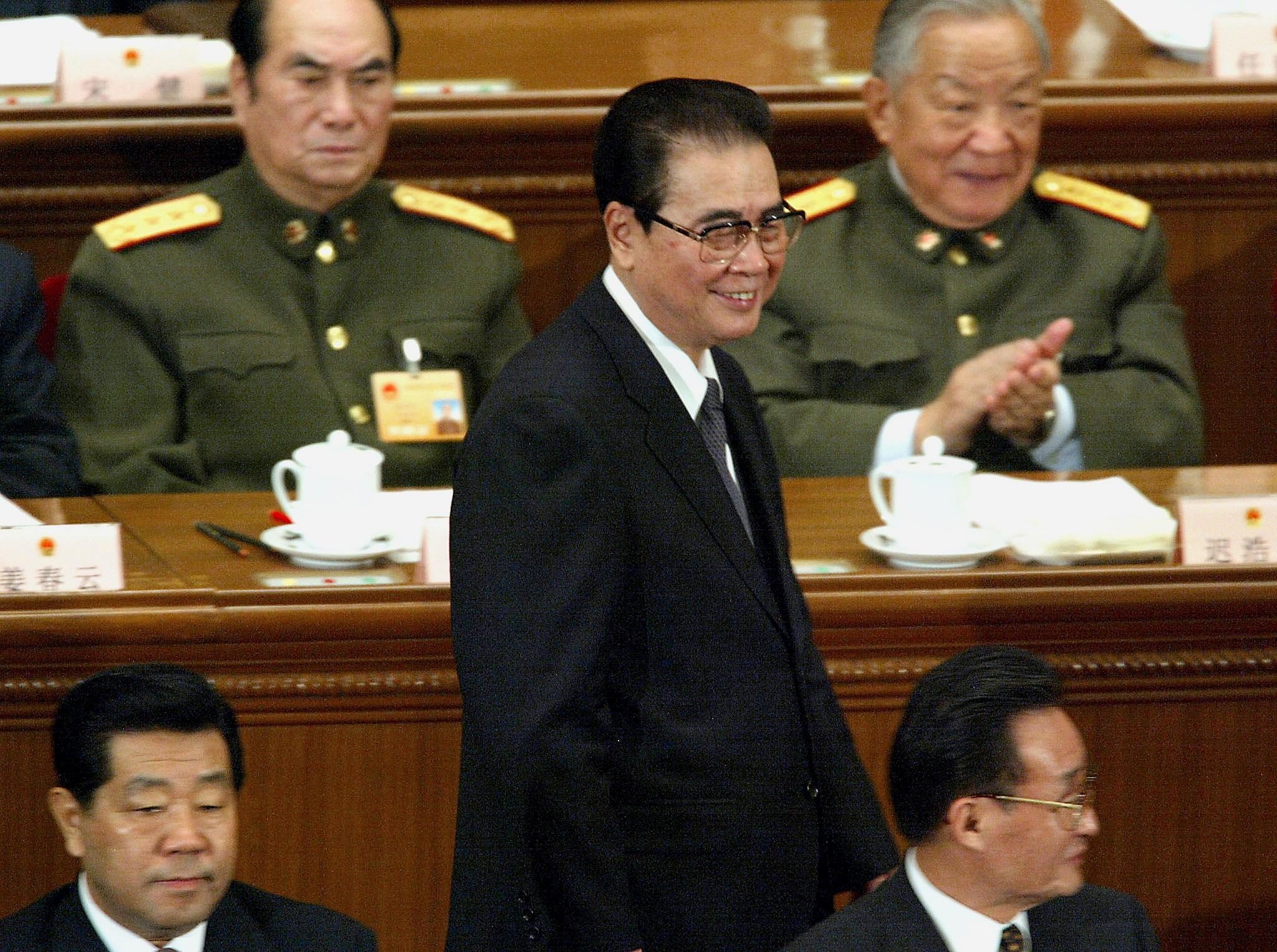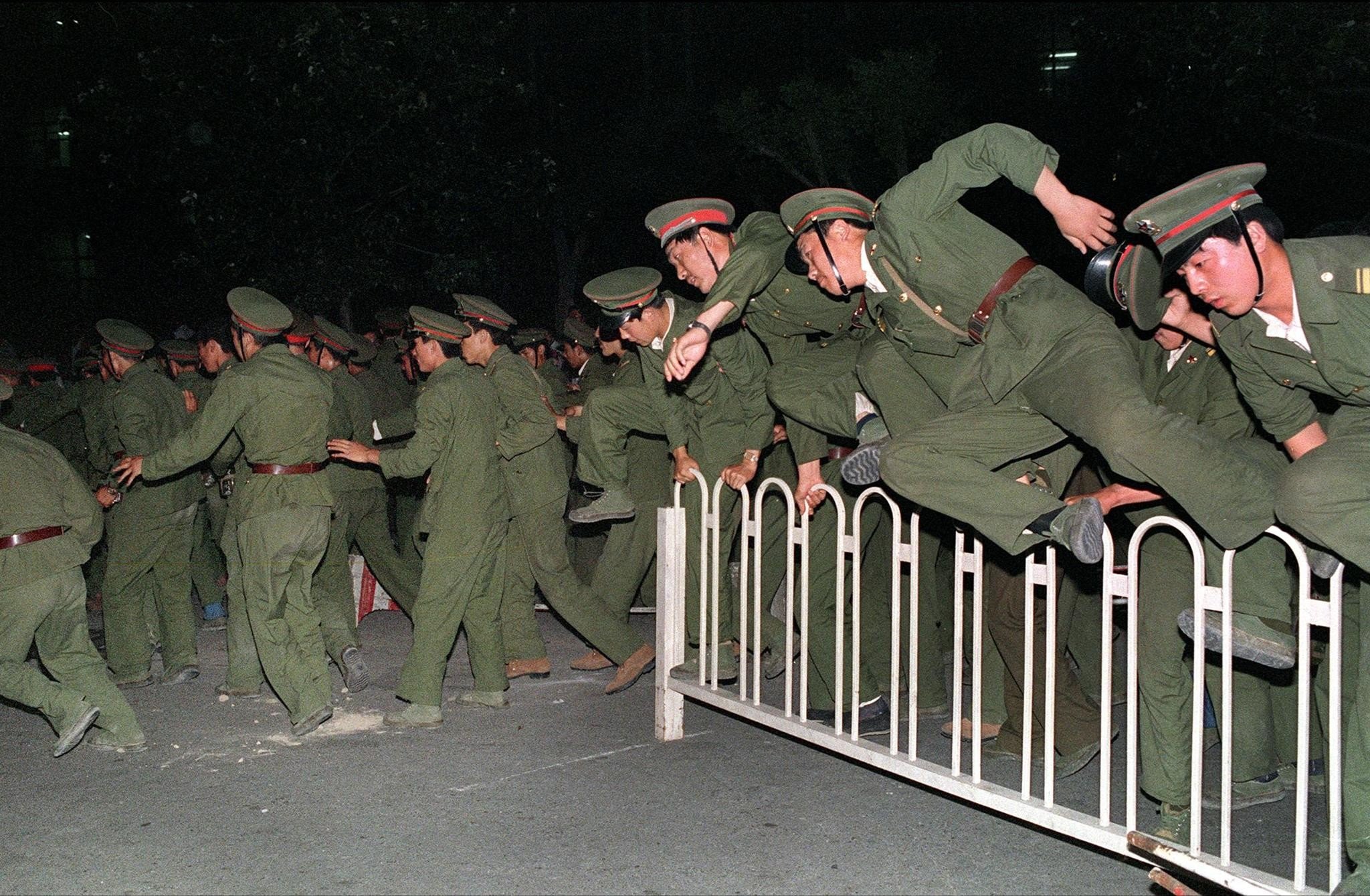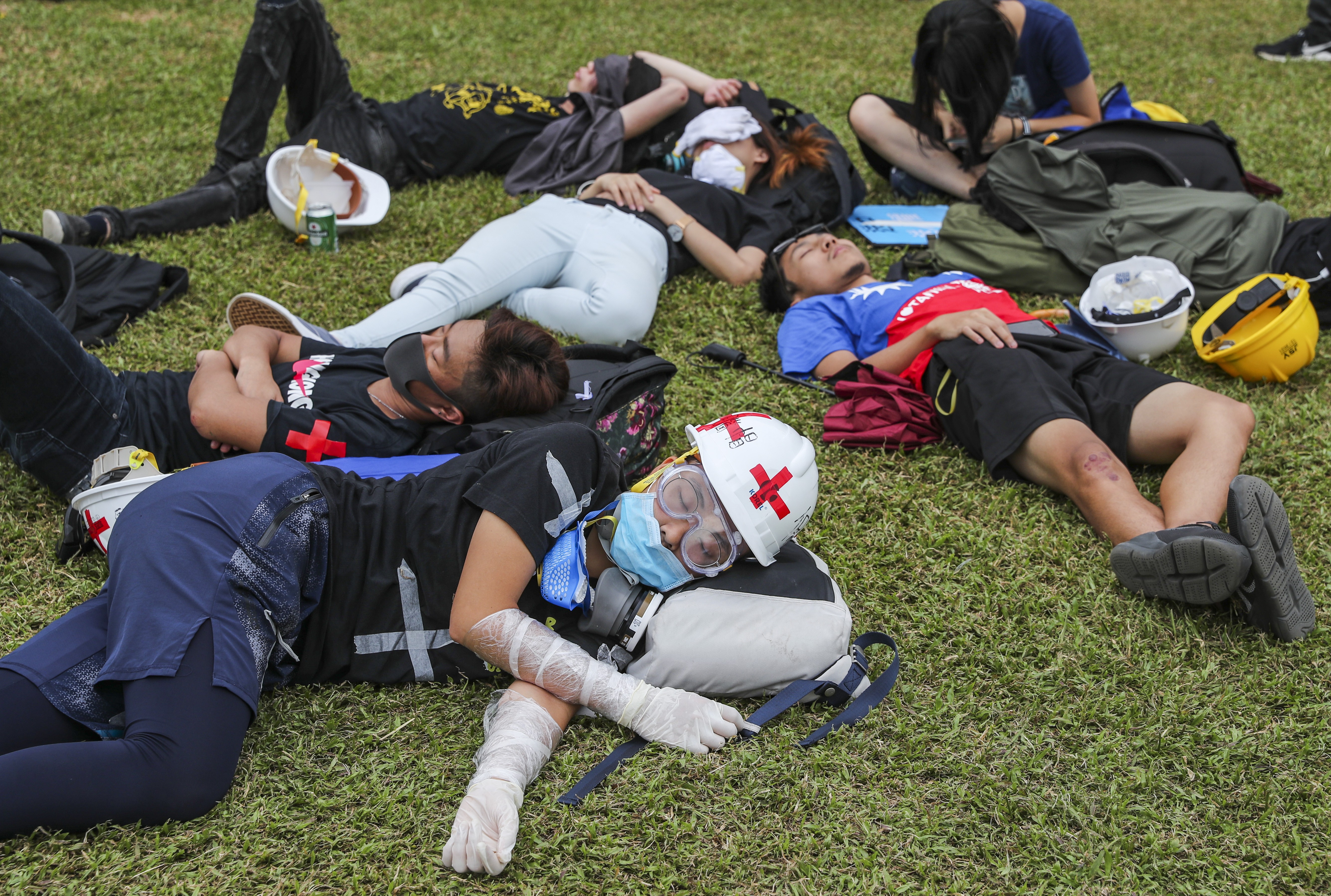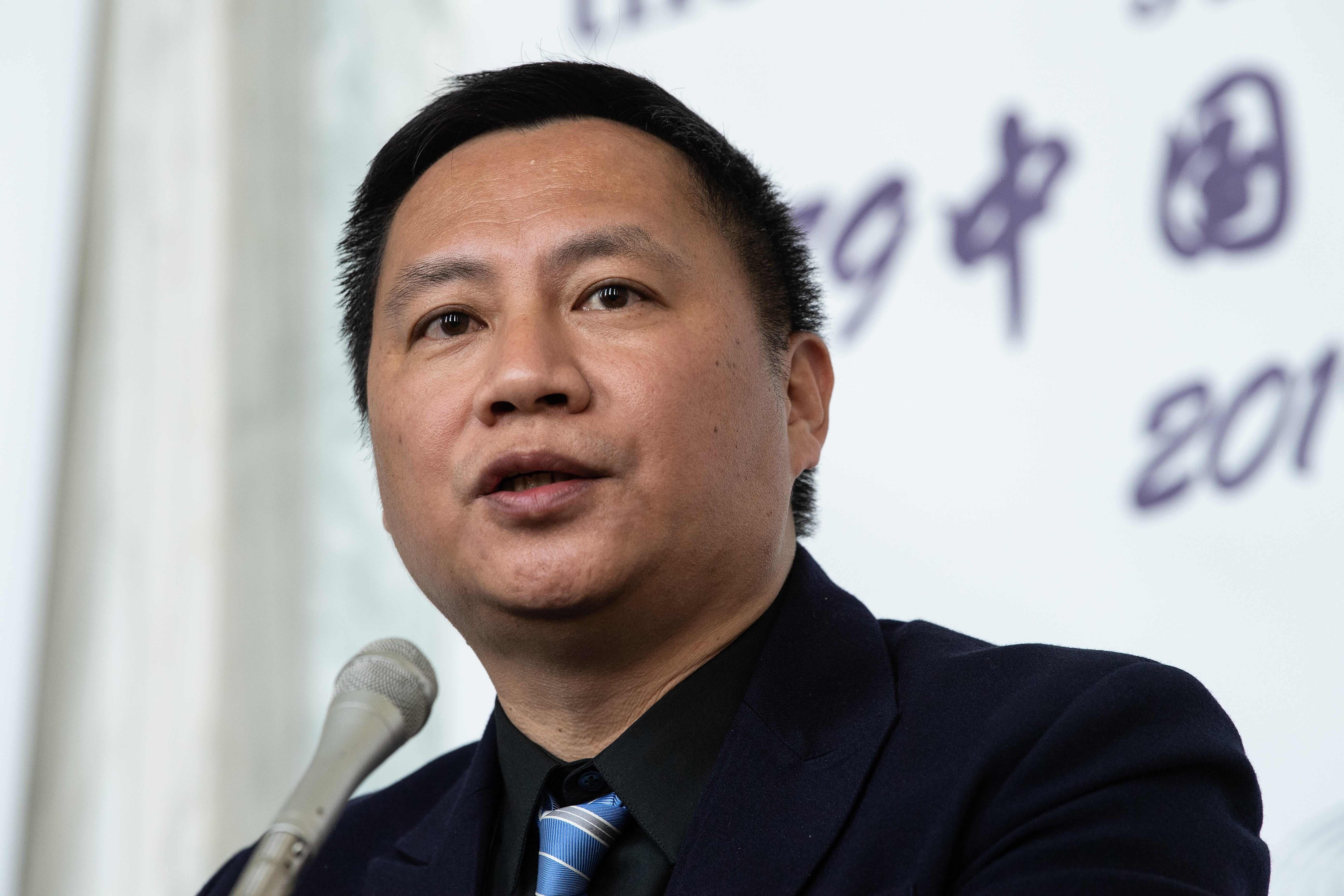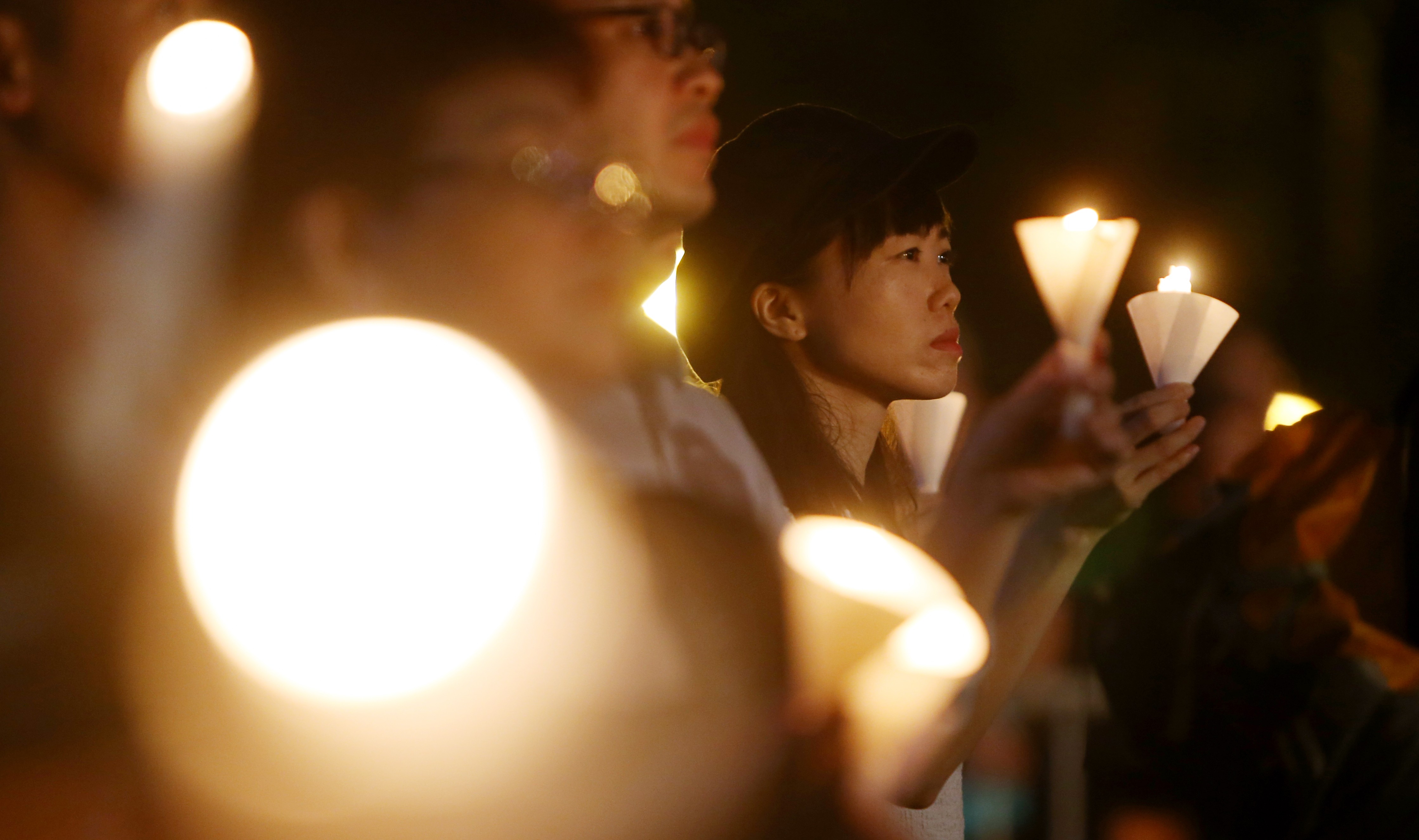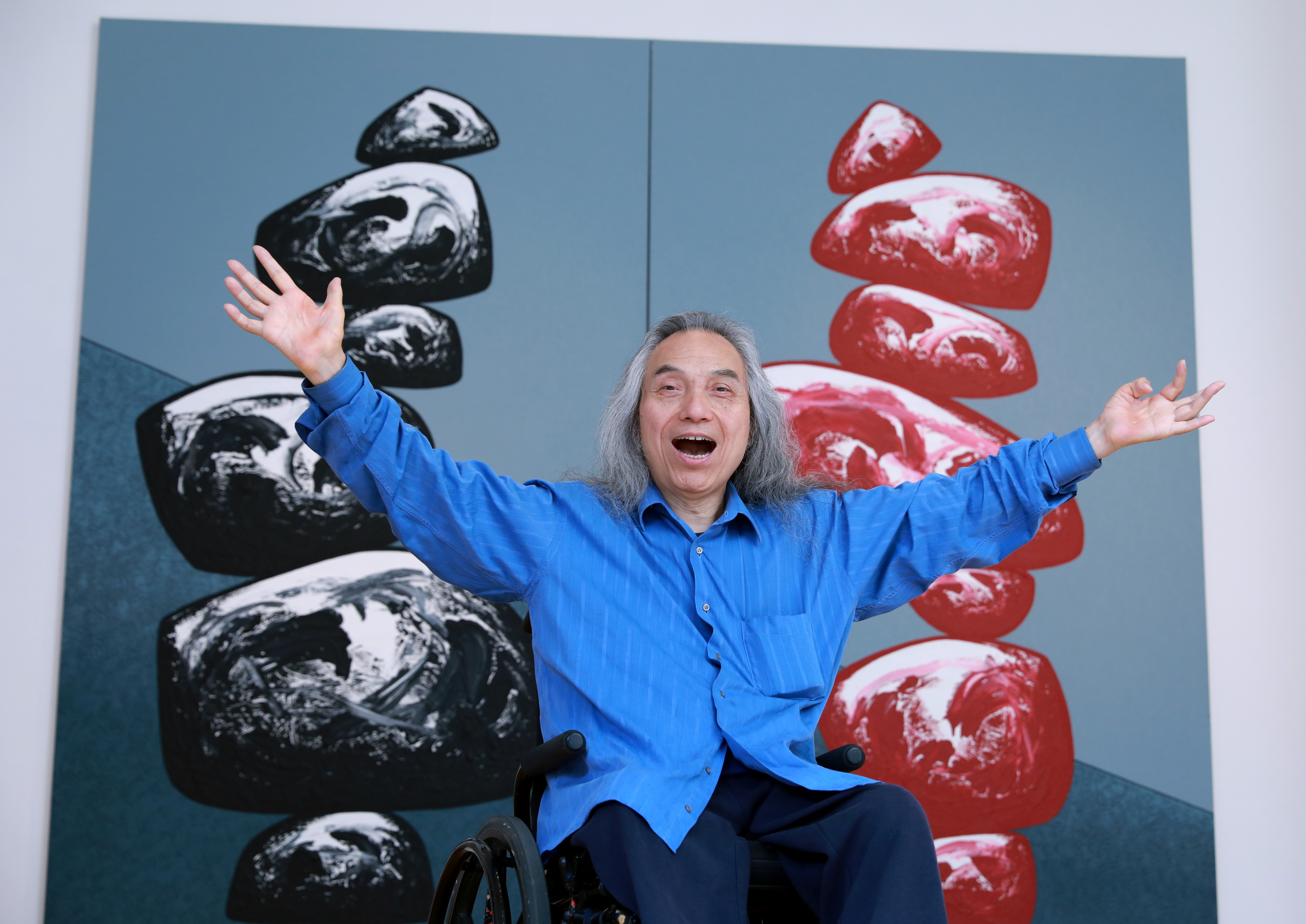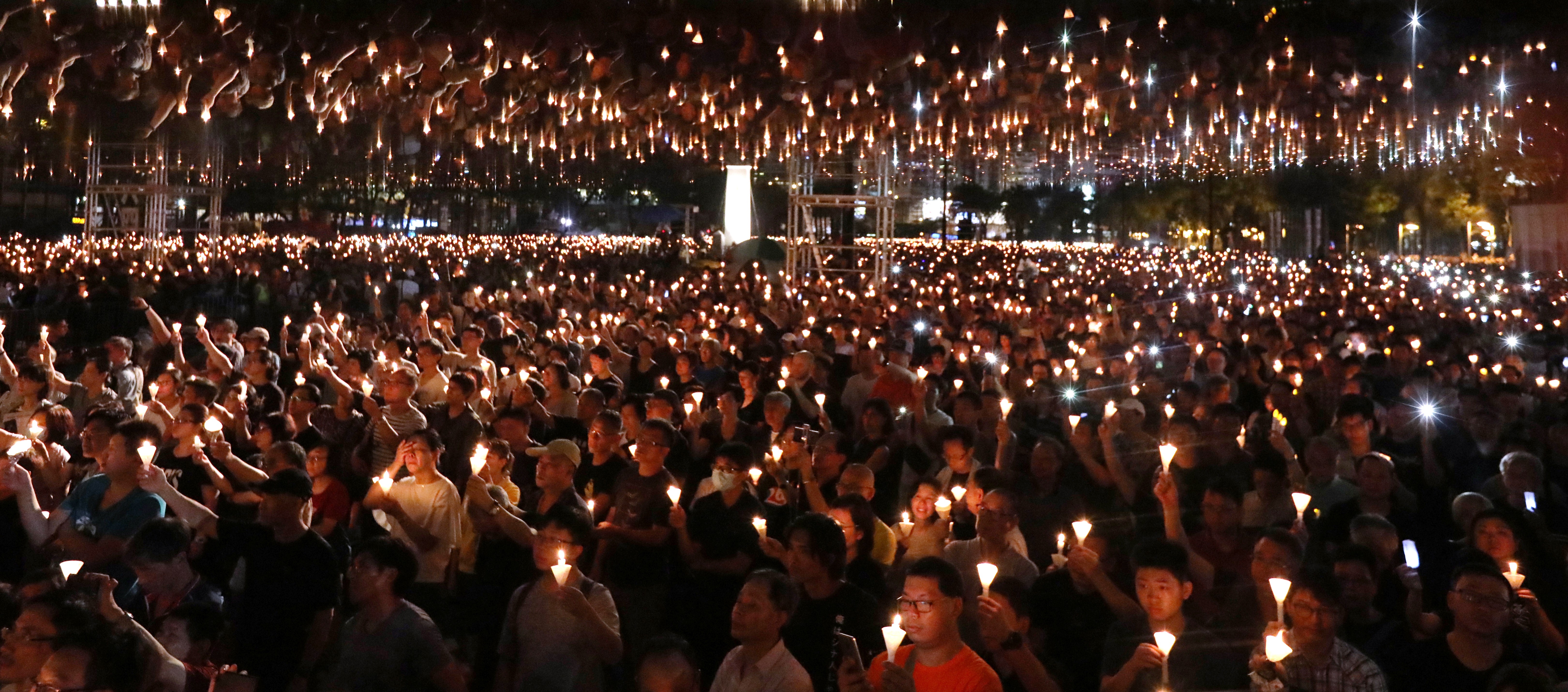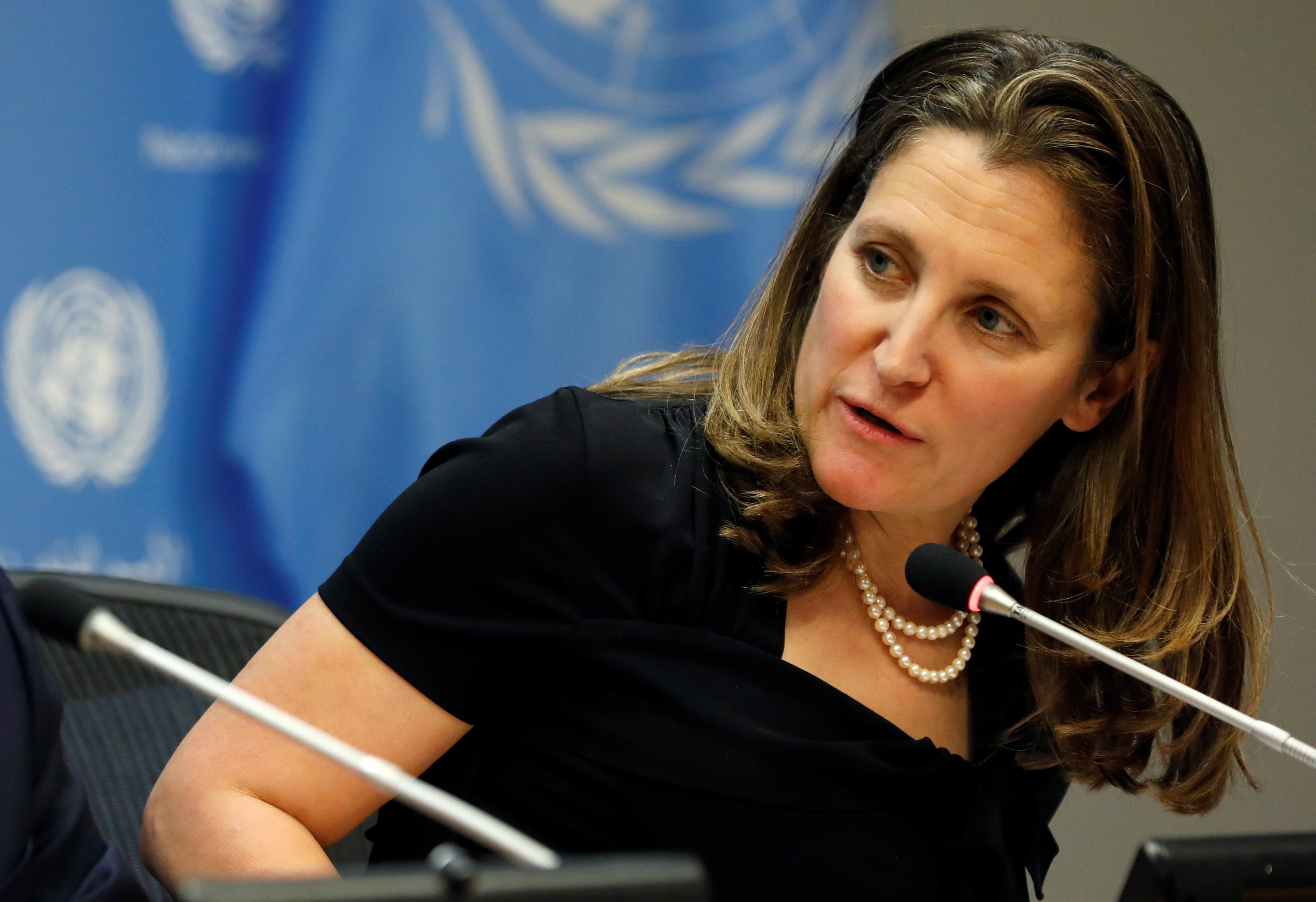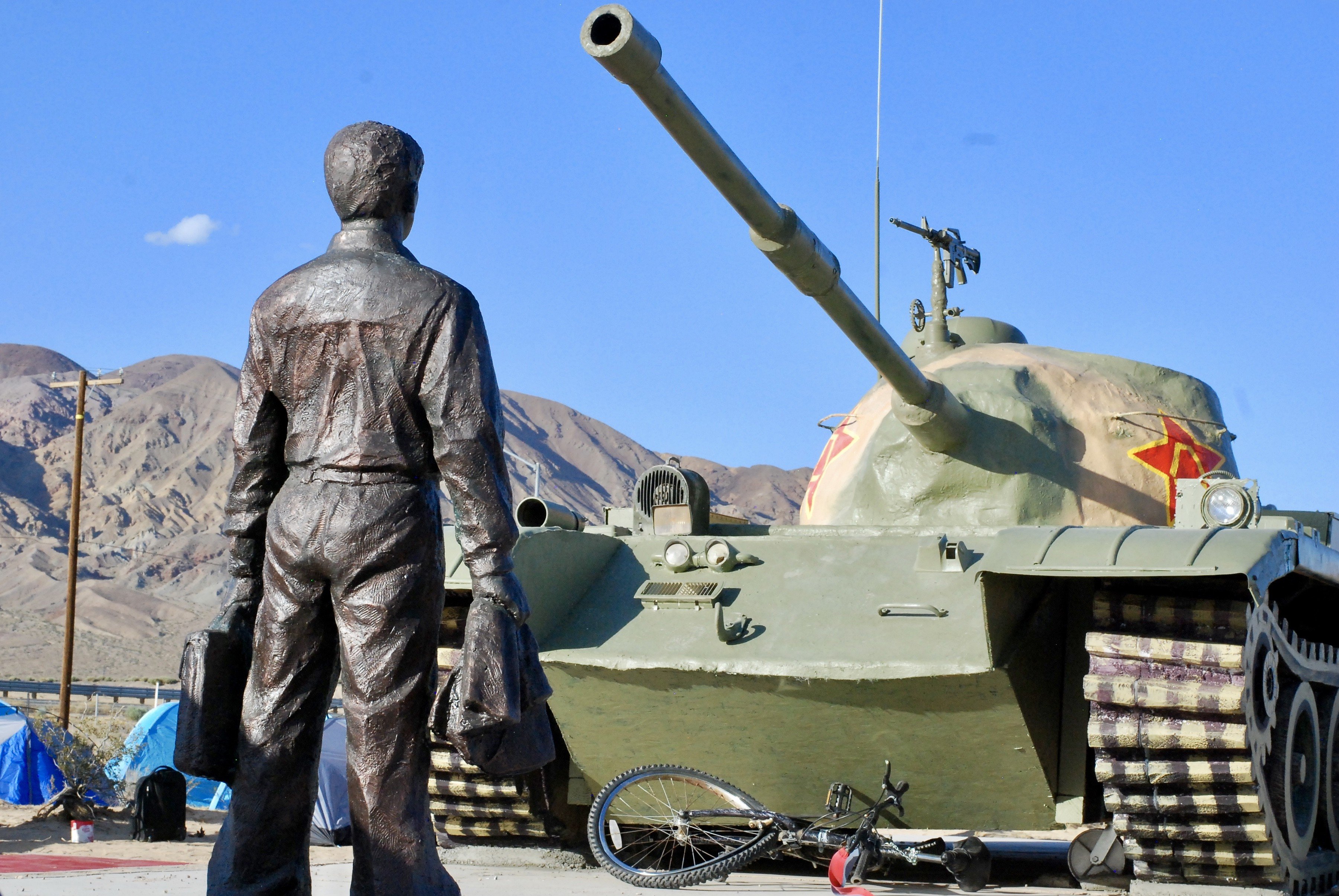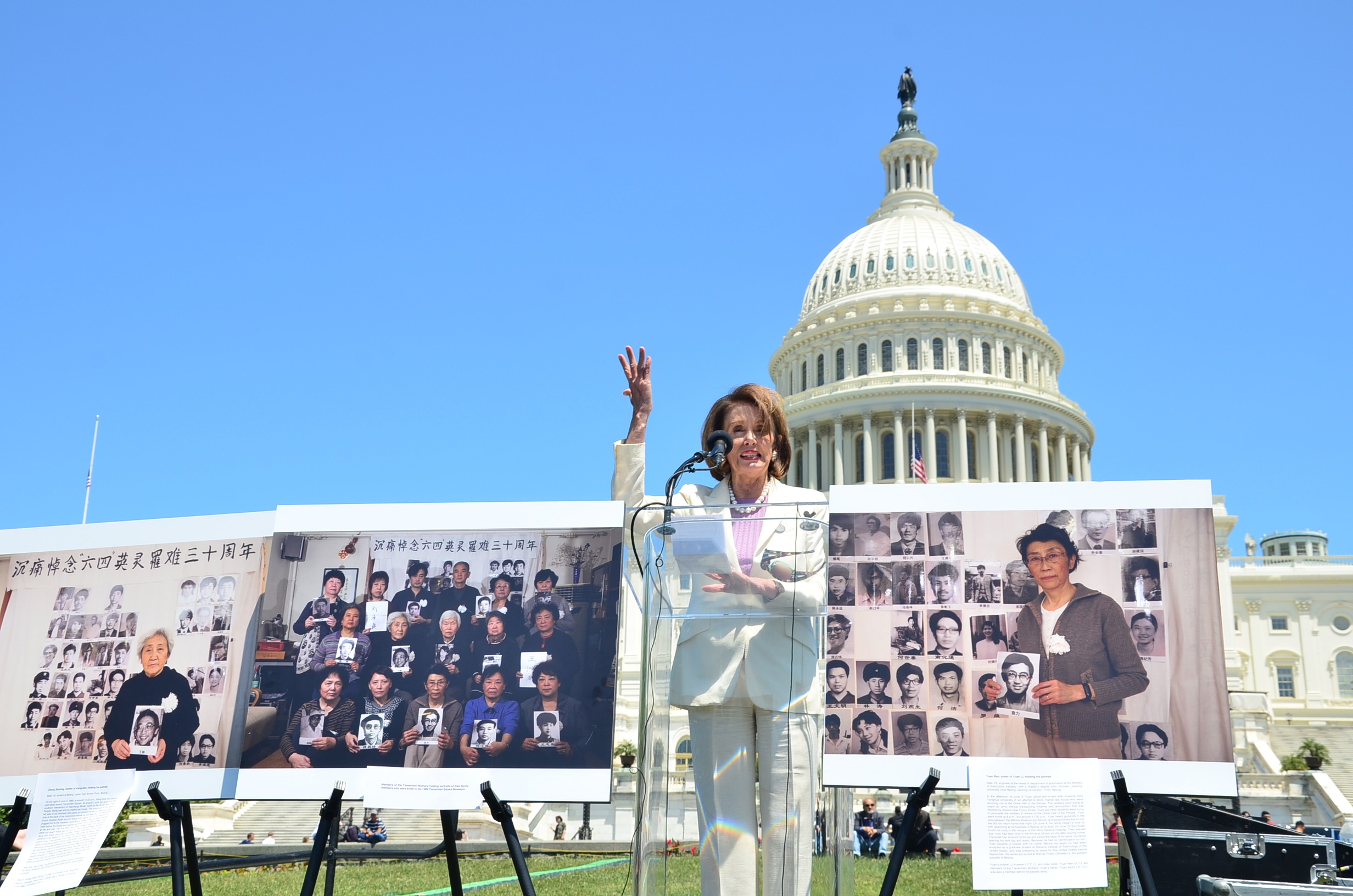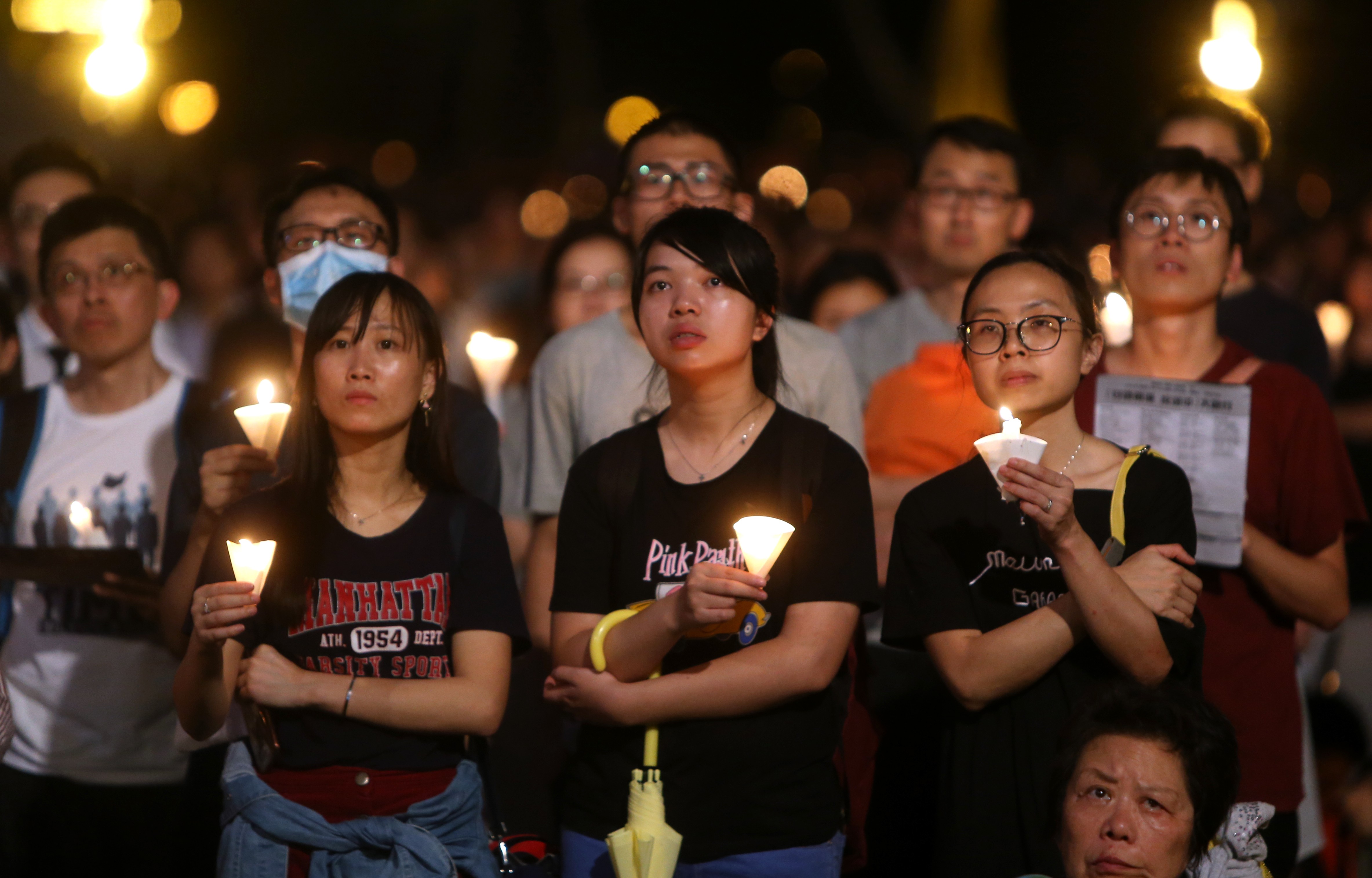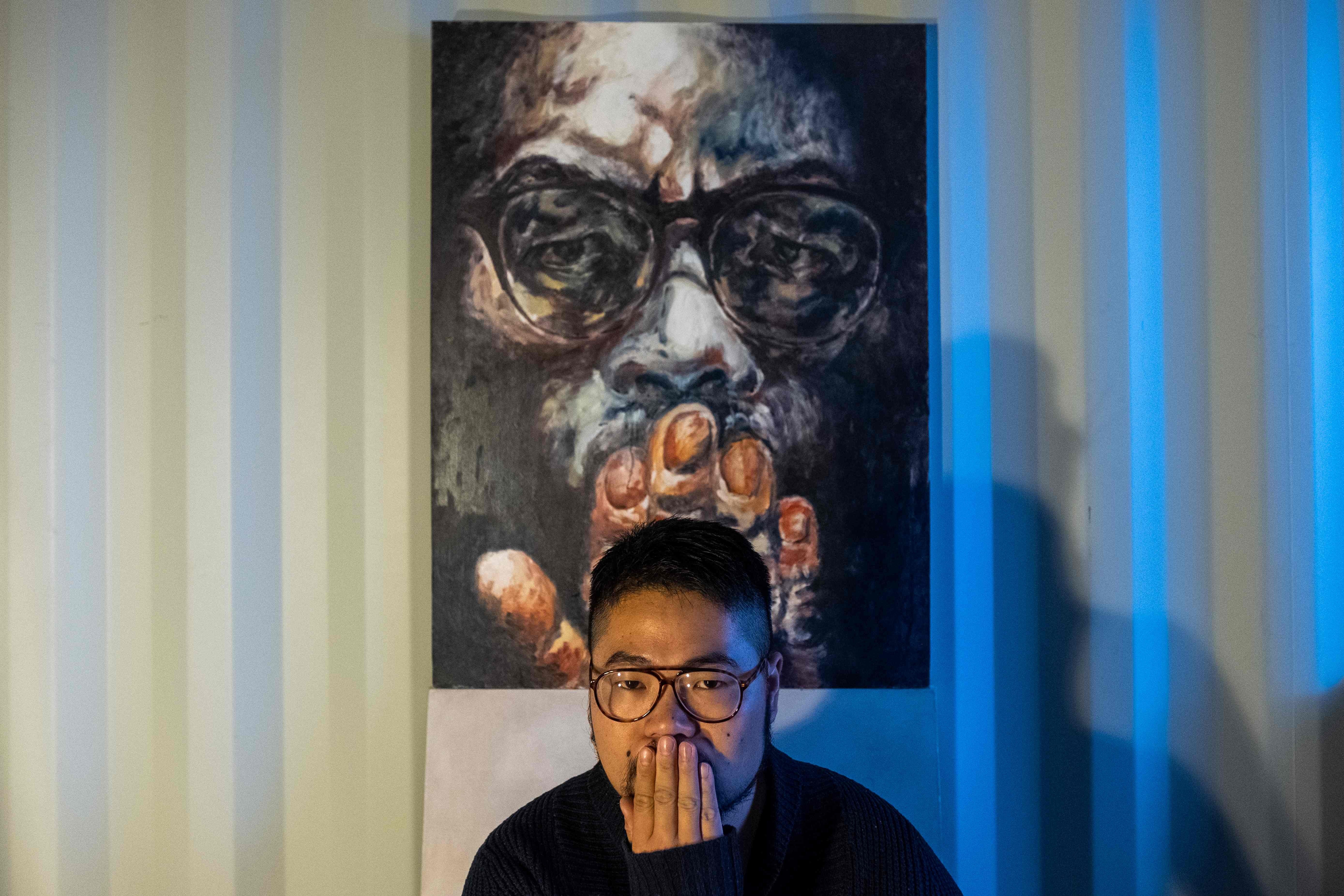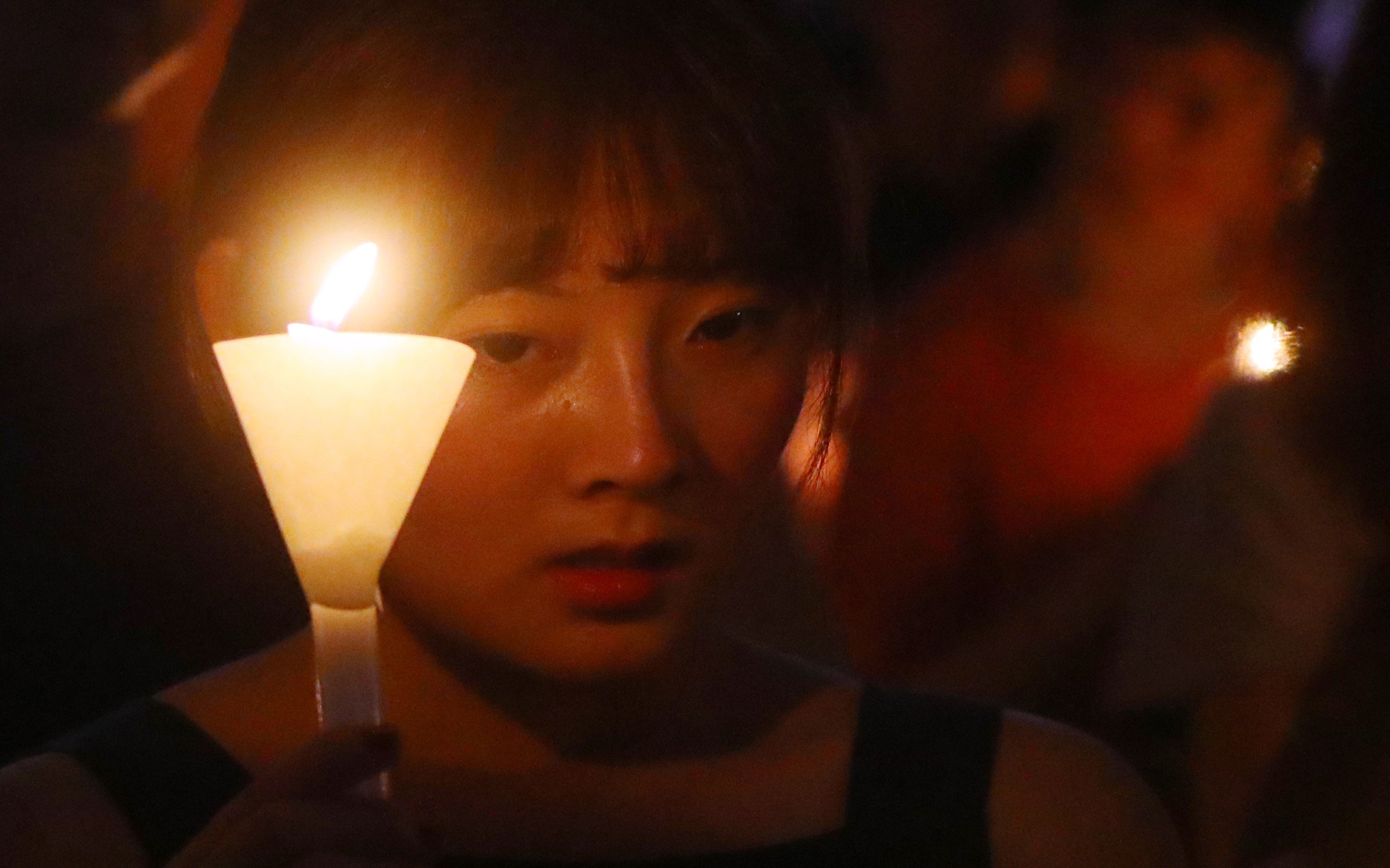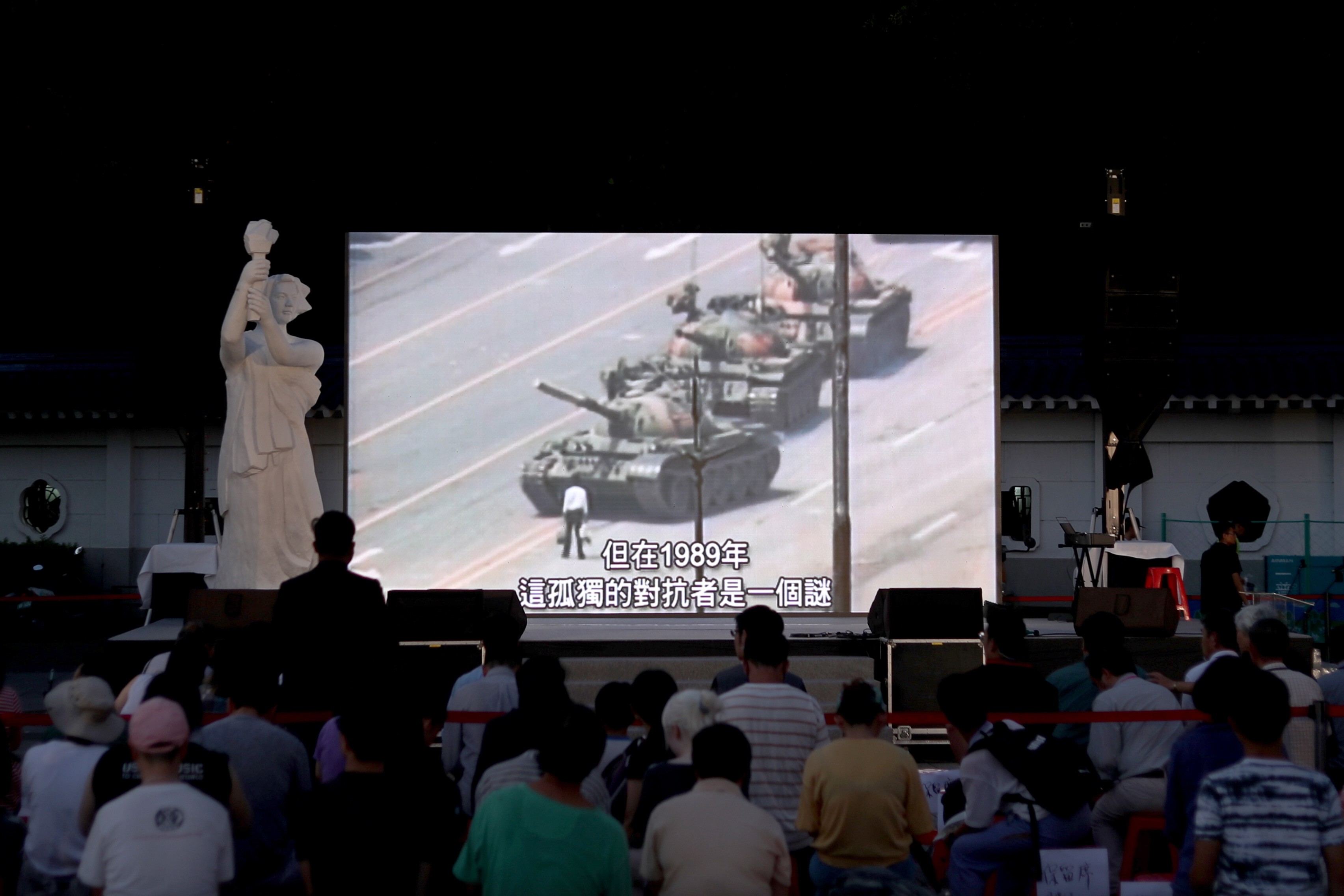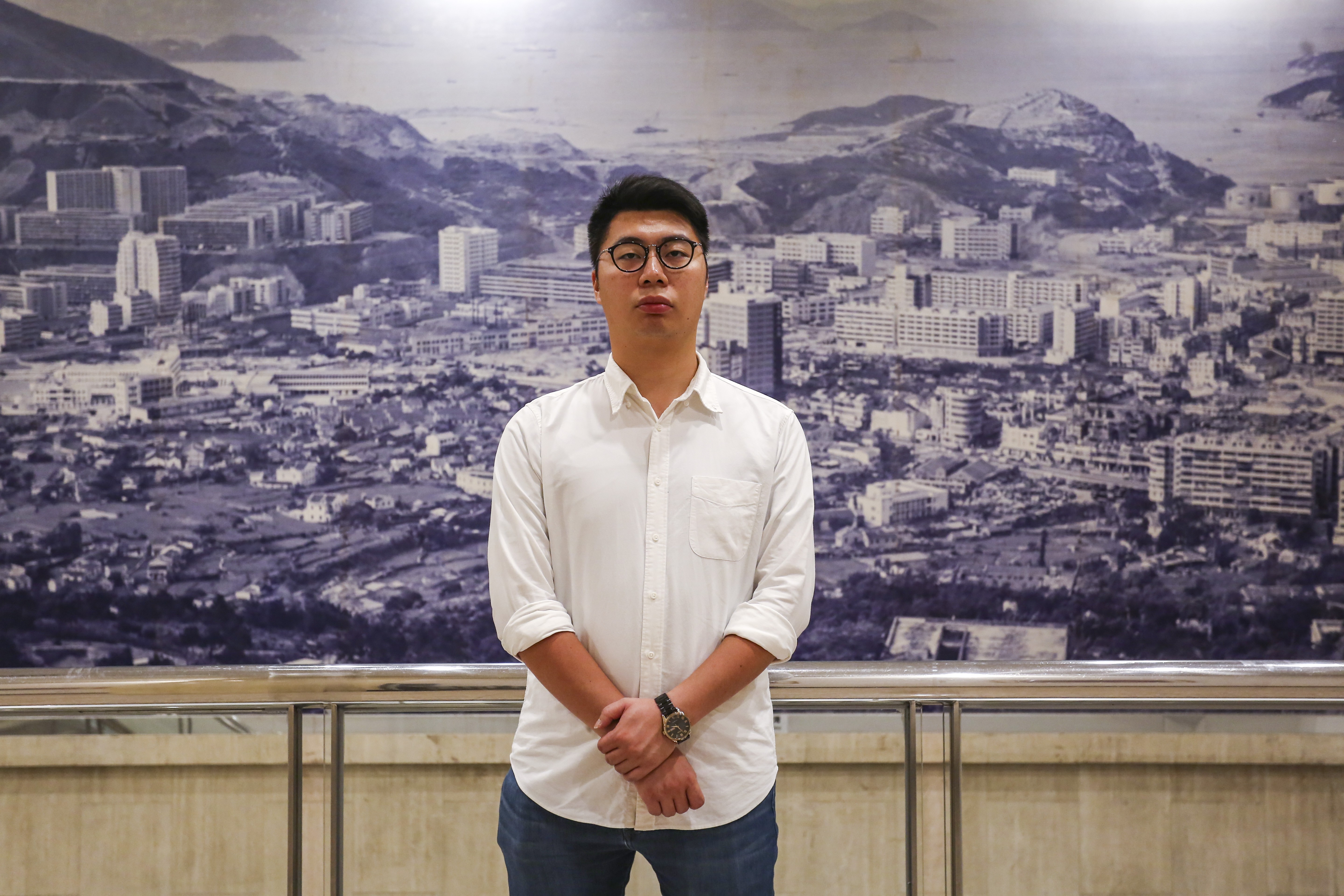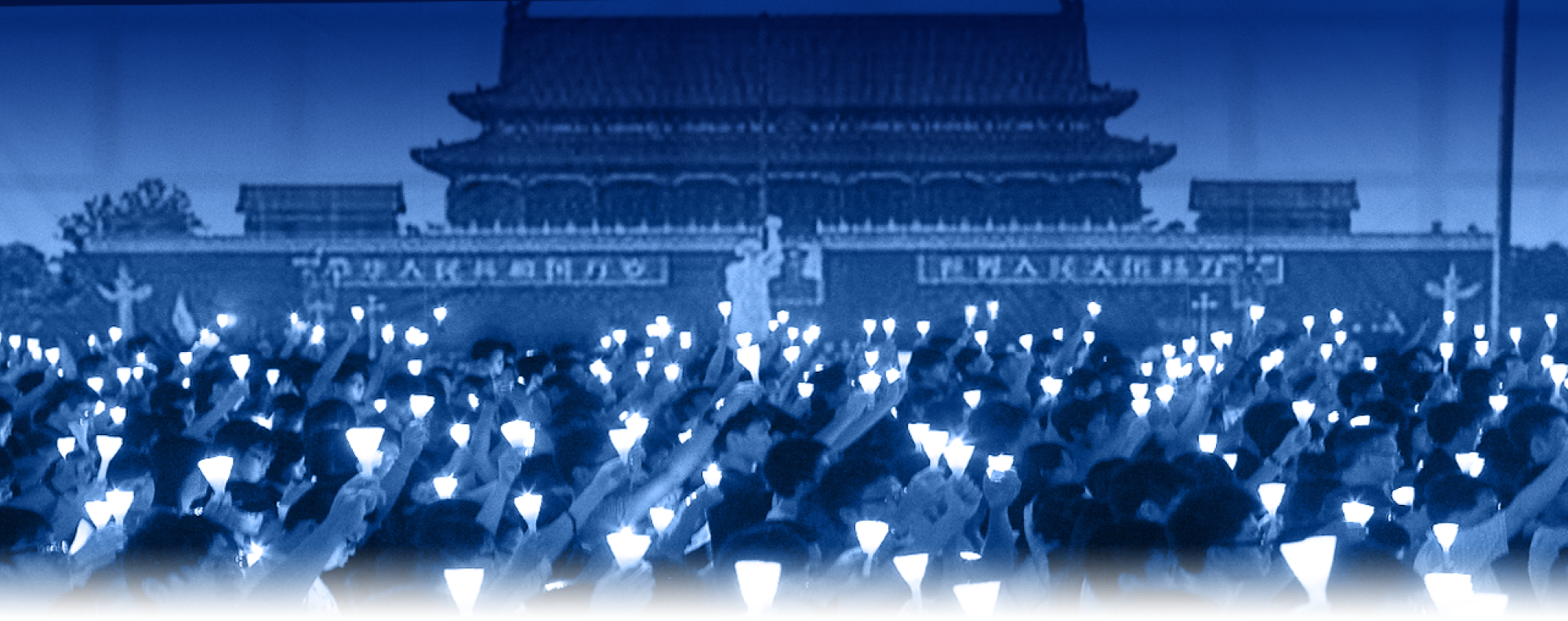
Topic
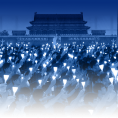
China was gripped by a pro-democracy movement in 1989, triggered by the death of reformist ex-leader Hu Yaobang. Mass street protests, weeks-long sit-ins and hunger strikes at Tiananmen Square by students and residents became the order of the day as demonstrators complained about corruption and demanded greater democracy as well as government transparency. The social unrest culminated in a brutal military crackdown on June 4 ordered by Beijing that effectively ended the movement and continues to be the subject of great controversy to this day.
Tiananmen Square crackdown defined career of late premier, who was also instrumental in building the contentious Three Gorges Dam
Neither side can afford a trade war – and neither side can afford to back down.
The discrepancy in attendance figures provided by organisers of the annual memorial and police is nothing new.
In failing to recognise the patriotism of the pro-democracy student movement of 1989, China has still not emerged fully from this dark chapter in its history.
Size of crowd at this year’s June 4 vigil will be gauge of public sentiment to the extradition bill – and the city leader’s political agenda.
No event in history has done so much to tarnish the Communist Party. But it is not too late to salvage something good from this stain on its history
- Arrest made after stabbing of Li Jinjin, who had settled in the US and worked as an immigration lawyer
- Li had been jailed in China after joining the 1989 protests and continued to advocate for those punished by the Chinese authorities
Also banned last year amid coronavirus concerns, the only large-scale commemoration of the 1989 crackdown on Chinese soil still drew a crowd of thousands.
Judges from the Online Journalism Awards praise the newspaper’s use of interactive multimedia content and in-depth analysis to tell biggest stories of the year.
China was gripped by a pro-democracy movement in 1989, triggered by the death of reformist ex-leader Hu Yaobang. Mass street protests, weeks-long sit-ins and hunger strikes at Tiananmen Square by students and residents became the order of the day as demonstrators complained about corruption and demanded greater democracy as well as government transparency. The social unrest culminated in a brutal military crackdown on June 4 ordered by Beijing that effectively ended the movement and continues to be the subject of great controversy to this day.
The case, which will go to court on June 23, stems from a crowd of thousands turning out in defiance of a ban on the yearly candlelight gathering.
Ashes of former leader who opposed Tiananmen crackdown and his wife, Liang Boqi, buried in cemetery on outskirts of Beijing after protracted negotiations between family and the party.
Apple pulled a controversial app, Activision Blizzard sacked a gamer and Versace, Coach and Givenchy all pulled T-shirts that were ‘offensive’ to China
The 30th anniversary of the Tiananmen Square crackdown, rather than the extradition bill, may have triggered Hong Kong’s protests. Beijing has underestimated the protesters’ resolve and failed to fully understand their motives
Li became premier as conservatives and reformists fought over country’s direction in 1980s and 90s, and oversaw Tiananmen Square crackdown.
Known in China as a ‘loyal communist warrior’, Li is also remembered abroad as the ‘Tiananmen Butcher’ for his hardline backing of the crackdown on student-led protests in 1989.
Poet Liao Yiwu’s searing account of what happened in Beijing on June 4, 1989, and its lasting impact, doggedly collected from witnesses, demands attention; he is unsparing in his criticism of decision-makers, and of ordinary Chinese for their passivity.
Protest leader Wang Dan and other activists submit complaint to Human Rights Council.
Year after year, Hongkongers put their personal problems aside for one night to ensure Tiananmen of June 4, 1989 is not forgotten
Ma Desheng is a co-founder of the Stars Group, self-taught rebels exploring alternatives to Socialist art. Last week he gave a performance at his solo exhibition in Hong Kong as a tribute to the Tiananmen Mothers.
Lee Cheuk-yan of Hong Kong Alliance in Support of Patriotic Democratic Movements of China said the public contributed HK$2.7 million on Tuesday night.
Prime Minister Trudeau’s remarks were ‘gross accusations’, Chinese embassy says – Canada’s foreign ministry calls on Beijing to ‘break silence’ on events of June 1989.
Chinese sculptor Chen Weiming is a driving force behind annual anniversary events as well as the park, which he bought with fellow activists in 2015.
To Nancy Pelosi, whose advocacy of human rights in China is long-standing, the US must remember the protesters ‘because China still shamefully tries to hide the history of the atrocity it inflicted on its own people’.
Larger numbers and high emotions attributed to controversy over government’s extradition bill, with organisers saying more than 180,000 people showed up.
Baduciao says he and his family have been under threat since being forced by Chinese authorities to cancel Hong Kong show last year.
Many of those in record-breaking crowd in Victoria Park said they also felt compelled to attend the annual vigil to say ‘no’ to contentious bill.
Leader marks June 4 killings with message to ‘freedom-loving friends in Hong Kong and China’ a day after hosting exiled dissidents.
Perry Wong was born five months before bloody events of June 4, Ken Lee five months afterwards, and both agree it must never be forgotten.








